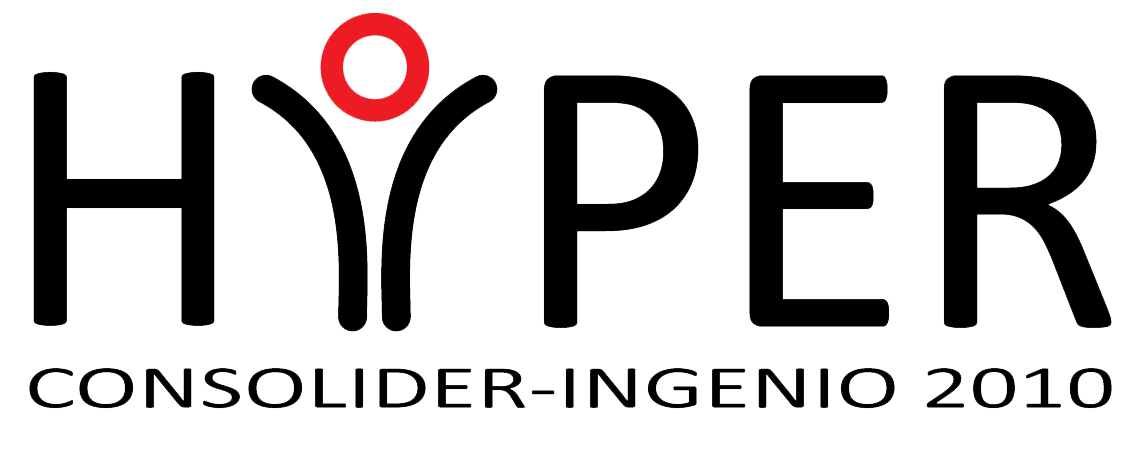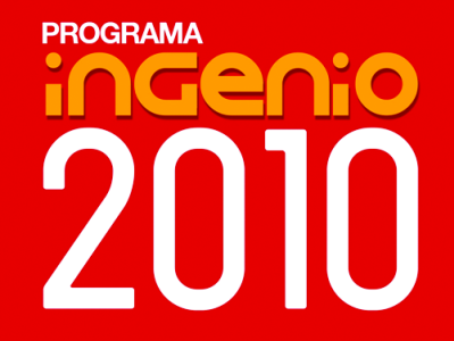Baiona (Spain), 14-19 September, 2014
Hands-on Workshops
 List of the allocation of the participants to the different workshop topics (.pdf)
List of the allocation of the participants to the different workshop topics (.pdf)
WS1 - International Workshop on Wearable Robotics (WeRob2014)
Innovators from academia, government, industry, medical centers, and end users will discuss challenges and potential application in clinical rehabilitation and assistive technologies.
Organizers: Prof. José L. Pons Bioengineering Group, CSIC Prof. José Contreras University of Houston, USA
WS2 - Muscle synergies: Looking into the CNS
This workshop is a comprehensive course on muscle synergies analysis, with a special focus on clinical applications. The participants will: 1) understand the neural and functional meaning of muscle synergies, 2) perform complete experimental sessions on real subjects, and 3) interpret the experimental results and discuss their implications for rehabilitation. The course is 30% theoretical and 70% practical, and specifically shaped to meet a multidisciplinary audience.
Organizers: Dr. Diego Torricelli Bioengineering Group, Spanish National Research Council (CSIC), Madrid, Spain Dr. Andrea D'Avella Fondazione Santa Lucia, Rome, Italy Martina Coscia EPFL, Lausanne, Switzerland Filipe Barroso CSIC, Madrid, Spain
WS3 - Workshop on Functional Electrical Stimulation
FUNCTIONAL ELECTRICAL STIMULATION (FES) uses electrical impulses to invoke motor functions in the body whose voluntary control has been lost through nervous system impairment (e.g. after spinal cord injury or stroke). For this purposes, the electrical impulses are applied to peripheral nerves that control specific muscles or muscle groups, ideally via surface electrodes placed on the skin. The present hands-on workshop will allow students from engineering and clinical areas to understand the principles of this technology and to apply it on human subjects. Students will participate actively along the workshop. They will work together in small groups and get the chance to experience the potentials and limits of electrical muscle stimulation from a first-person perspective.
Organizers: Dr. Thierry Keller Tecnalia Research & Innovation- Head of Rehabilitation Eukene Imatz Tecnalia Research & Innovation Miloš Kostic Tecnalia Research & Innovation
WS4 - Workshop on Virtual Rehabilitation
Organizers: Dr. Sebastian Koenig CEO at Katana Simulations
WS5 - Human neuromusculoskeletal modelling
The workshop will offer a unique opportunity to learn create subject-specific musculoskeletal models and simulate the neuromuscular mechanisms underlying human locomotion. It will enable participants to work on hands-on exercises using software tools including OpenSim and MATLAB.
Organizer: M.Sartori University Medical Center Goettingen M. Reggiani University of Padova
WS6 - Brain Computer Interfaces: principles and applications in neurorehabilitation
Brain-computer interfaces (BCIs) can be realized with EEG, ECoG, or spike activity recorded from the brain. A BCI convert brain waves into signals which can be interpreted by computers either to make statements about the brain itself, or to control an attached output device. BCIs have been developed during the last years mainly for people with severe disabilities to improve their quality of life. The integration of BCIs into rehabilitation settings is a promising new approach that enhances the rehabilitation process.
Organizer: Arnau Espinosa Guger Technologies OG






